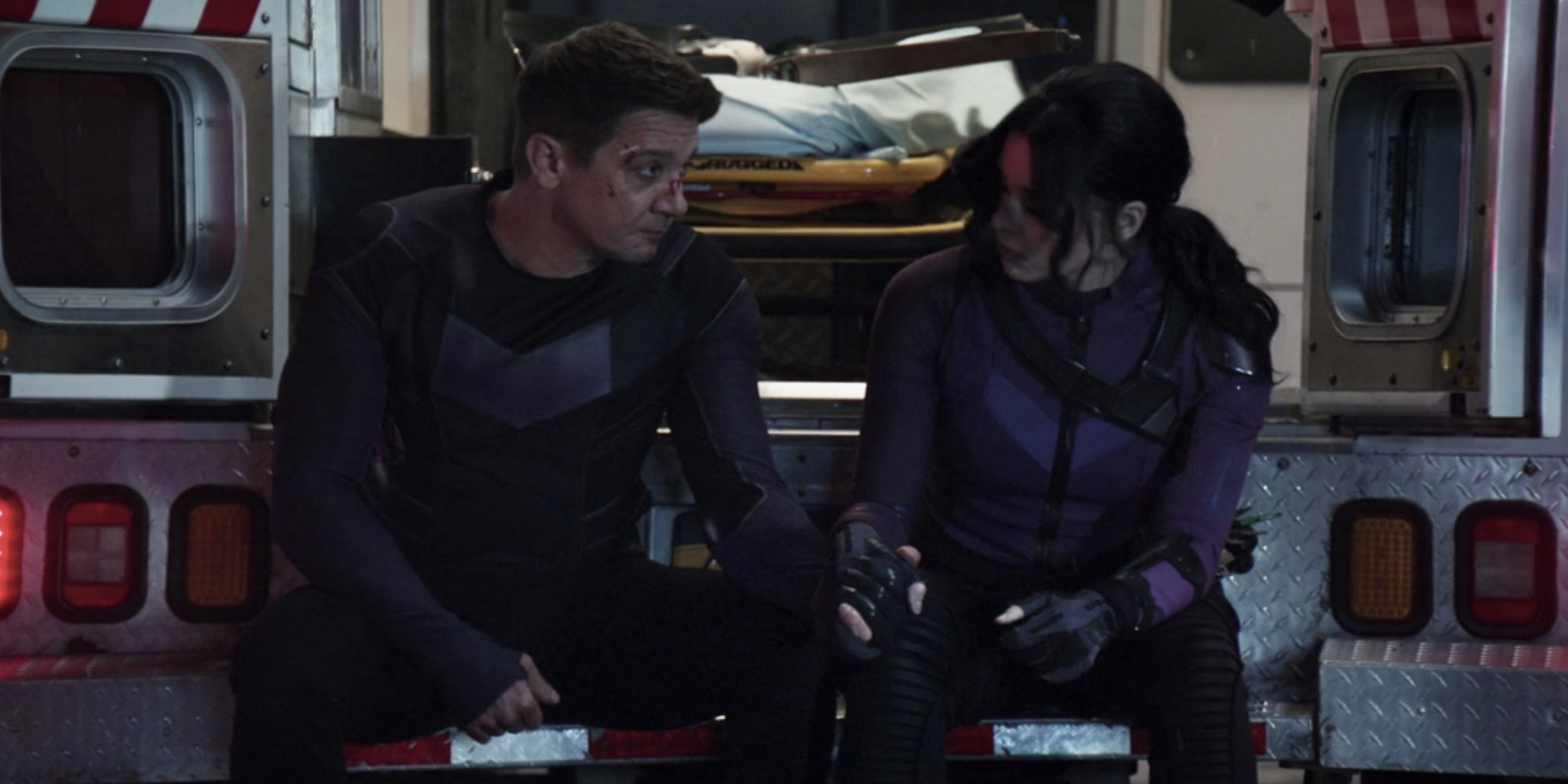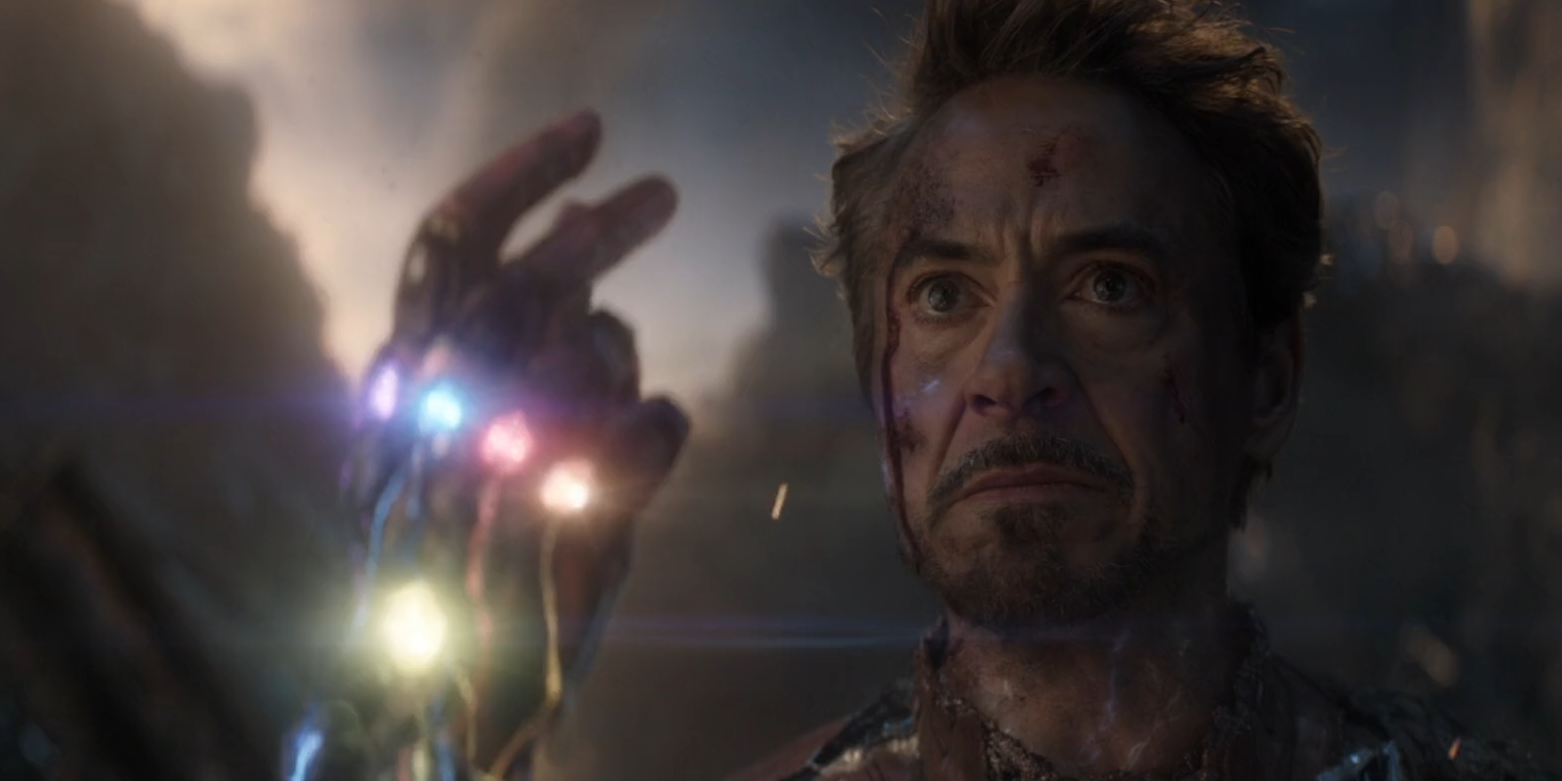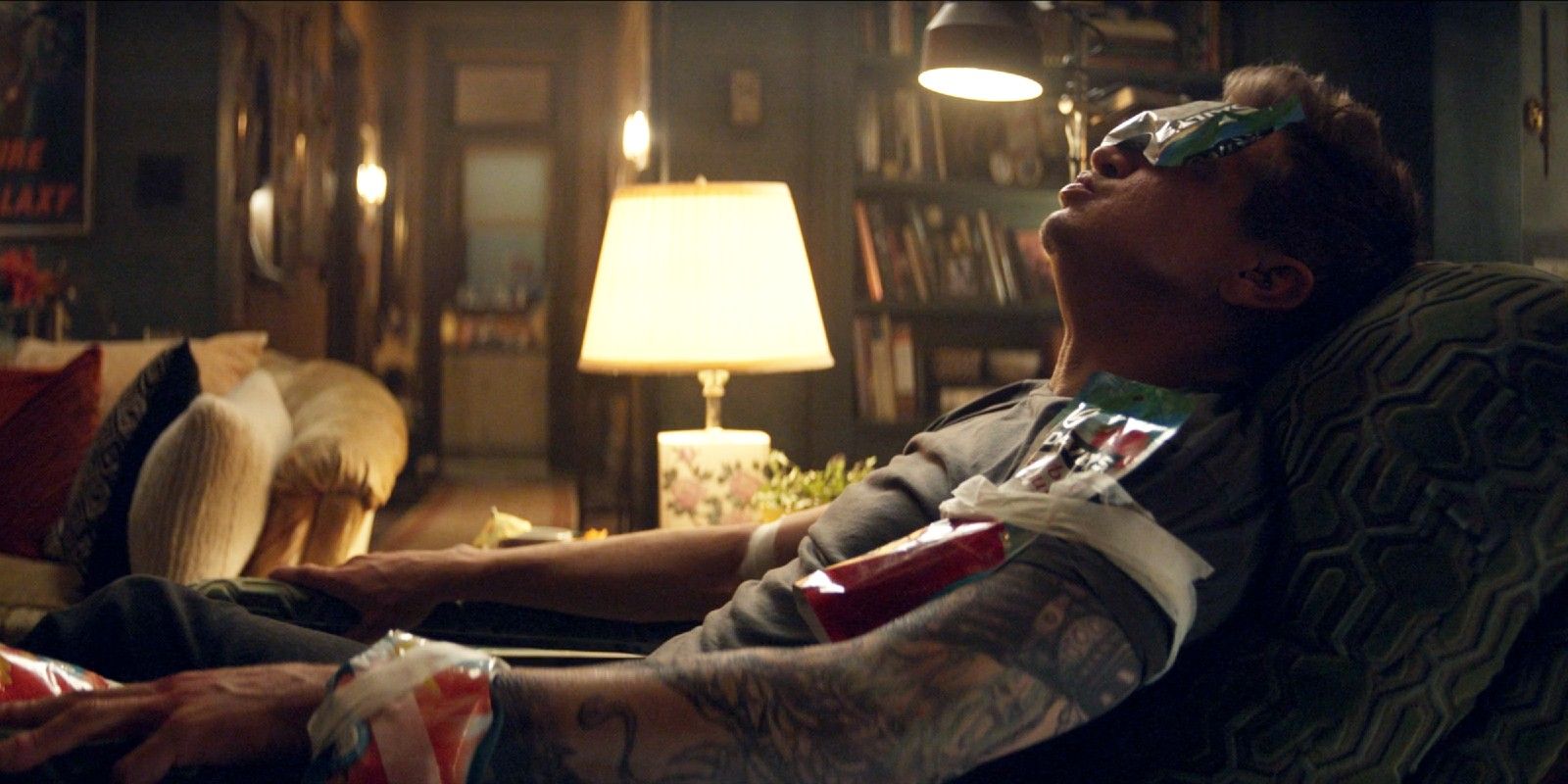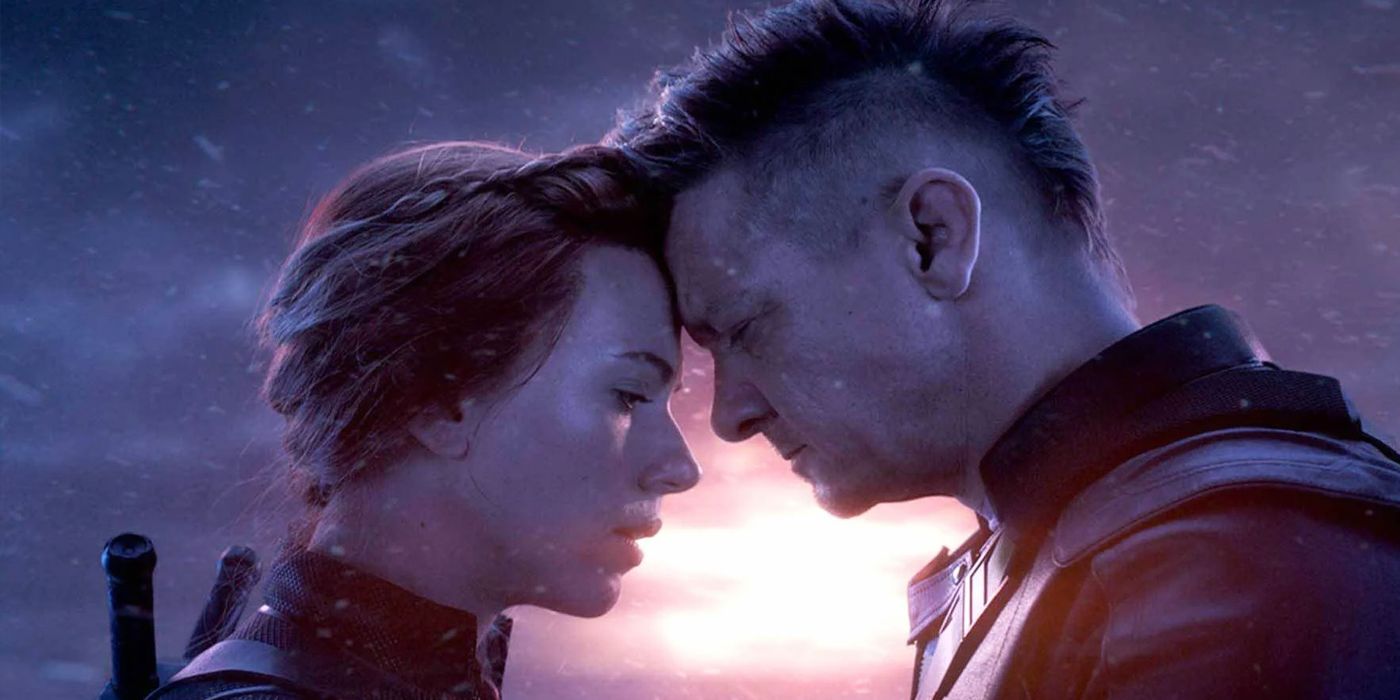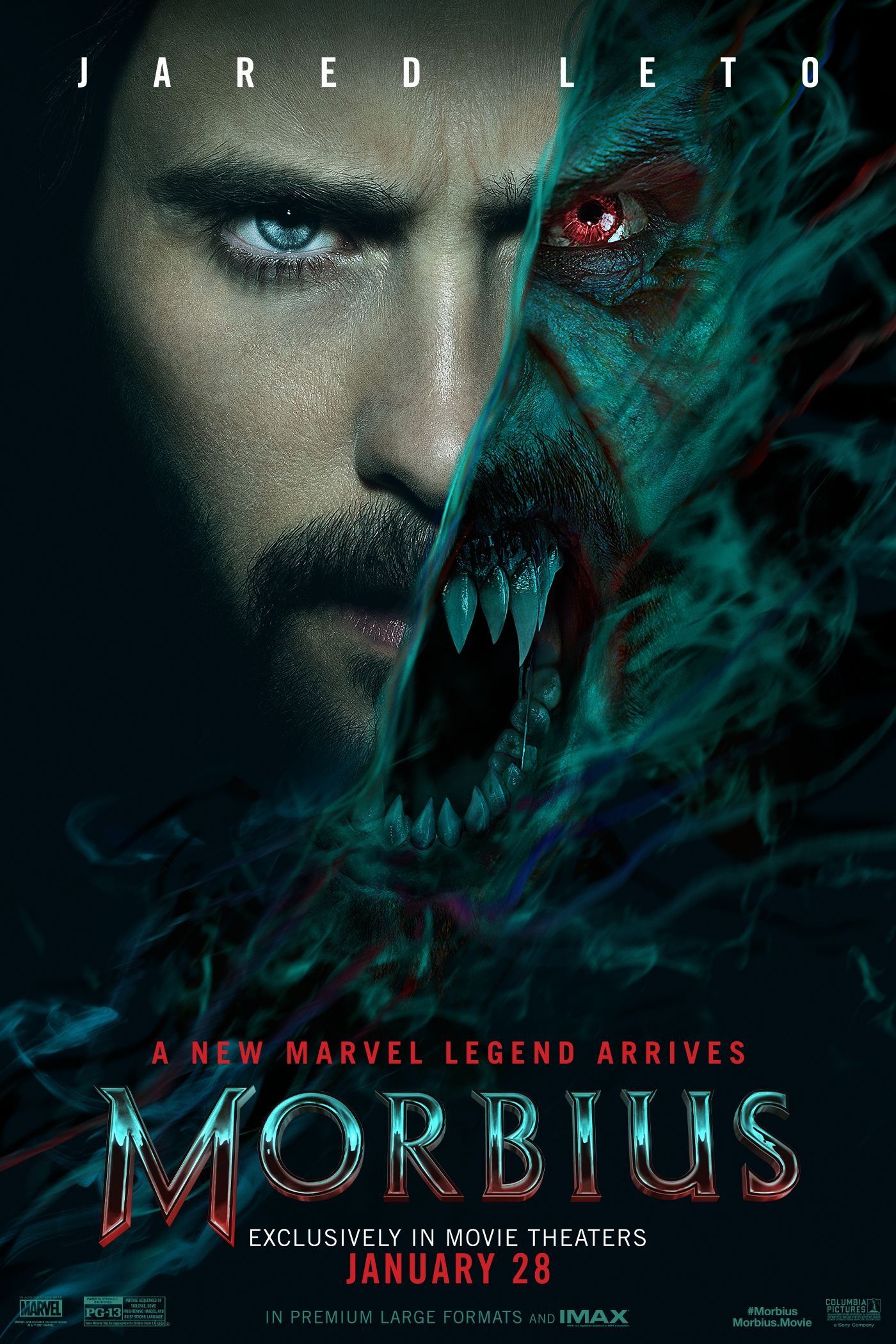Warning: Contains spoilers for Hawkeye and Spider-Man: No Way Home
Disney+’s Hawkeye ends by completely averting the idea that superheroes are fated to die. It’s very common for superhero stories to end with the hero dying in the end, either literally or metaphorically, and the Marvel Cinematic Universe has been no stranger to this. Hawkeye’s ending, though, very much proves that it was never a rule that was set in stone.
Avengers: Endgame ended with Thanos and his army being defeated by Tony Stark using the Infinity Stones to erase them from existence, but the backlash from using the Stones caused him to die. When talking about that on the We Love You 3000 tour, the Russo brothers said that Tony was fated to die because it’s a hero’s job to sacrifice themself for the greater good. Black Widow made a similar sacrifice earlier in the movie—a thread that runs through Hawkeye—and with there being a multitude of other examples both in and out of the MCU, the statement comes across as a logical conclusion to come to.
Hawkeye’s finale flies in the face of all of that, however. The MCU had been teasing the idea of Clint dying for years, and his solo series went even further with the idea. It wouldn’t have been too out there for Clint to die and pass the torch to the new Hawkeye, Kate Bishop, but nothing of the sort ever happens. Clint gets a well-deserved happy ending just in time for the holidays, and said happy ending works in direct contrast to the idea that superheroes don’t get to have them.
Why The MCU’s Heroes Are Destined For Unhappy Endings
As previously stated, there’s a definite trend of heroes dying, either literally or metaphorically, in the MCU. Tony and Natasha’s deaths in Avengers: Endgame stand out as obvious examples, but there’s also Vision and the original Gamora dying in Avengers: Infinity War and Pietro’s death in Avengers: Age of Ultron. In a metaphorical sense, Captain America and Spider-Man also died because of how Steve going back in time to be with Peggy caused him to age into an old man and Peter having the world forget that he exists in Spider-Man: No Way Home completely severed his ties with his loved ones. This idea even comes up outside of the MCU on occasion, such as with Wolverine dying at the end of Logan and Batman faking his death to retire at the end of The Dark Knight Rises.
There’s a definite logic to the idea of superheroes being destined to die. From a meta perspective, stories all have to come to an end at some point, and when that time comes, having the protagonist die or retire from the superhero life is often a fitting conclusion to their stories. Beyond that, superheroes, especially superheroes in the MCU, are supposed to be the most virtuous people in their stories, and if not that, then they’re at least the ones with the most obligation to put themselves out there for the sake of the world. Oftentimes, good deeds come at the cost of a personal sacrifice, even one’s own life or livelihood, but superheroes are often okay with that because they know that they’re the only ones who can save the day. The MCU’s been no stranger to this idea, so the idea of it existing there makes sense.
How Hawkeye Set Up Clint’s Death
If anyone watching Hawkeye, or anything Clint had been in before the debut of his solo series, came to the conclusion that Clint was also going to die, then that wouldn’t have been completely unfounded. All the way back in Avengers: Age of Ultron, the MCU had been teasing two ideas for Clint: Clint retiring and spending his time with his family, and Clint dying in the line of duty to show that he’s not the most useless Avenger. All of his appearances following Phase 2 have played with at least one of those ideas, and the Disney+ series took it the furthest by adding a sense of realism to Clint’s injuries by making him become partially deaf and need time to work off injuries. It created the sense that Clint simply couldn’t keep being a hero forever, and if he didn’t quit the life, the life would kill him.
In a way, Clint’s portrayal in the show mirrored the direction that Iron Man’s character went in. With both characters, as time went on, they started to suffer from more and more realistic problems as a result of their heroism—Tony with his PTSD, Clint with his various injuries—that motivated them to seek a life of retirement with their loved ones. Tony, of course, died at the end of his story for the greater good, so it would make sense for the parallelism to keep going and have Clint die for the sake of some noble deed; Clint having a successor in Kate Bishop added more to the idea, as it would mean that he could die and still have his legacy live on. When he stays in New York rather than return home to his family in Hawkeye's first few episodes, it was assumed by many that the archer was being set up to meet his tragic end.
Black Widow’s Endgame Death Saved Hawkeye
Ultimately, Clint doesn’t die and managed to get his happy ending, and Natasha’s sacrifice in Avengers: Endgame played a large part in that. Clint was ready to do whatever it took to bring back his family, even if it meant sacrificing himself in the process, but Natasha took the choice out of his hands and made herself the one to make the sacrifice. That sacrifice of hers ended up saving Clint in two different ways: from a meta perspective, it wouldn’t make sense for Clint to have gone through everything he went through with Natasha just to die in his next appearance; in-universe, her sacrifice meant that Clint would always have a reason to keep living, no matter how hard things would get for him, and it worked.
Natasha’s sacrifice served as a reminder for Clint of why he couldn’t die throughout the entirety of the show, and he was even able to use the nobility of her actions to convince Florence Pugh's Yelena to not kill him. In the end, it all serves to work against the idea that superheroes are fated to die. While it’s a definite trend both in and out of the MCU, Hawkeye showed that it’s far from an absolute certainty since Clint was able to be the hero and come out of it all alive. Clint was able to get his happy ending and stick with it, and with any luck, other heroes in the MCU will be able to achieve the same in the future.
All 6 episodes of Hawkeye are streaming now on Disney+.

